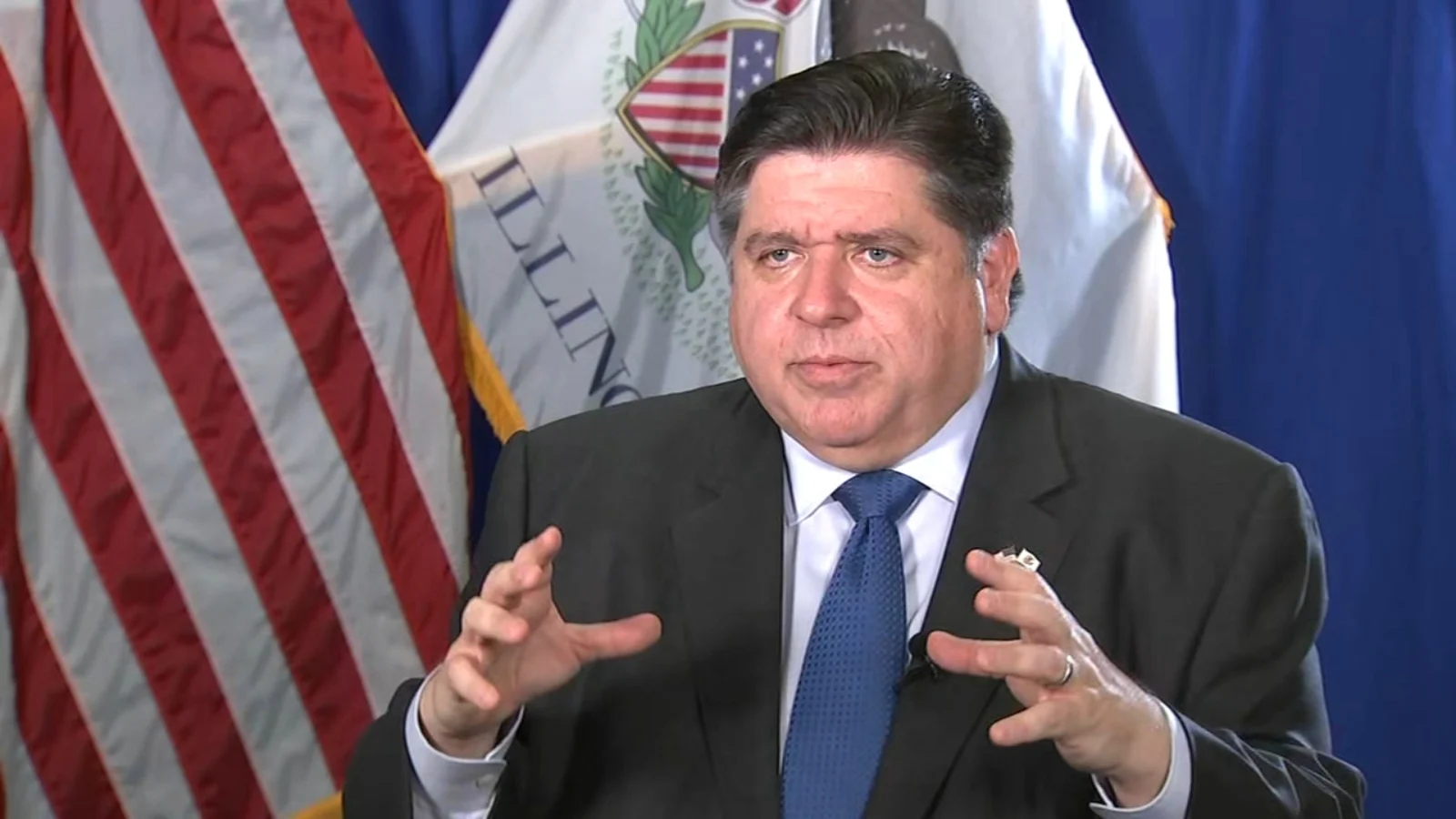Targeted Relief: Governor Pritzker’s Proposal Offers Financial Support for Illinois Families with Young Children
Economic Empowerment: Integrating Earned Income Pritzker’s Child Tax Credit Aims to Boost Workforce Participation and Financial Stability
According to published article of illinoispolicy. In Governor J.B. Pritzker’s budget proposal the introduction of a state-level child tax credit signifies a significant step forward for Illinois families. With an allocation of $12 million specifically targeted towards households with children under the age of 3 this initiative aims to alleviate financial burdens for some of the state’s neediest residents. By integrating the credit with earned income Pritzker demonstrates a commitment to sound tax policy that not only offers relief to struggling families but also incentivizes workforce participation. This approach echoes successful models implemented in other states like Minnesota where similar credits have proven effective in supporting families and fostering economic stability.
READ ALSO:2020 Tax Refunds 940,000 – Set To Expire Soon: Time Running Out!

Pritzker Propels Progress: State Child Tax Credit Unveiled in Bold New Budge (PHOTO: Illinois Policy)
Navigating Uncertainties: Evaluating the Structural Details of Pritzker’s Child Tax Credit Proposal
However the effectiveness of Pritzker’s proposal hinges on its structural details particularly concerning phase-in and phase-out mechanisms. While the use of the Illinois Earned Income Tax Credit as a basis for calculation is promising the potential implications of phase-out thresholds must be carefully evaluated. If not properly calibrated these thresholds could inadvertently discourage labor market participation and undermine the intended benefits of the credit. Consequently further clarity and insight from the Pritzker administration are essential to assess the true impact of the proposed child tax credit. Despite uncertainties Pritzker’s initiative stands as a more thoughtfully crafted alternative to existing proposals in the Illinois General Assembly emphasizing the importance of implementing policies that genuinely empower families and promote economic self-sufficiency over reliance on state assistance programs.
READ ALSO:Claim Your 2020 Tax Refund By May 17th To Avoid Missing Out!

















































